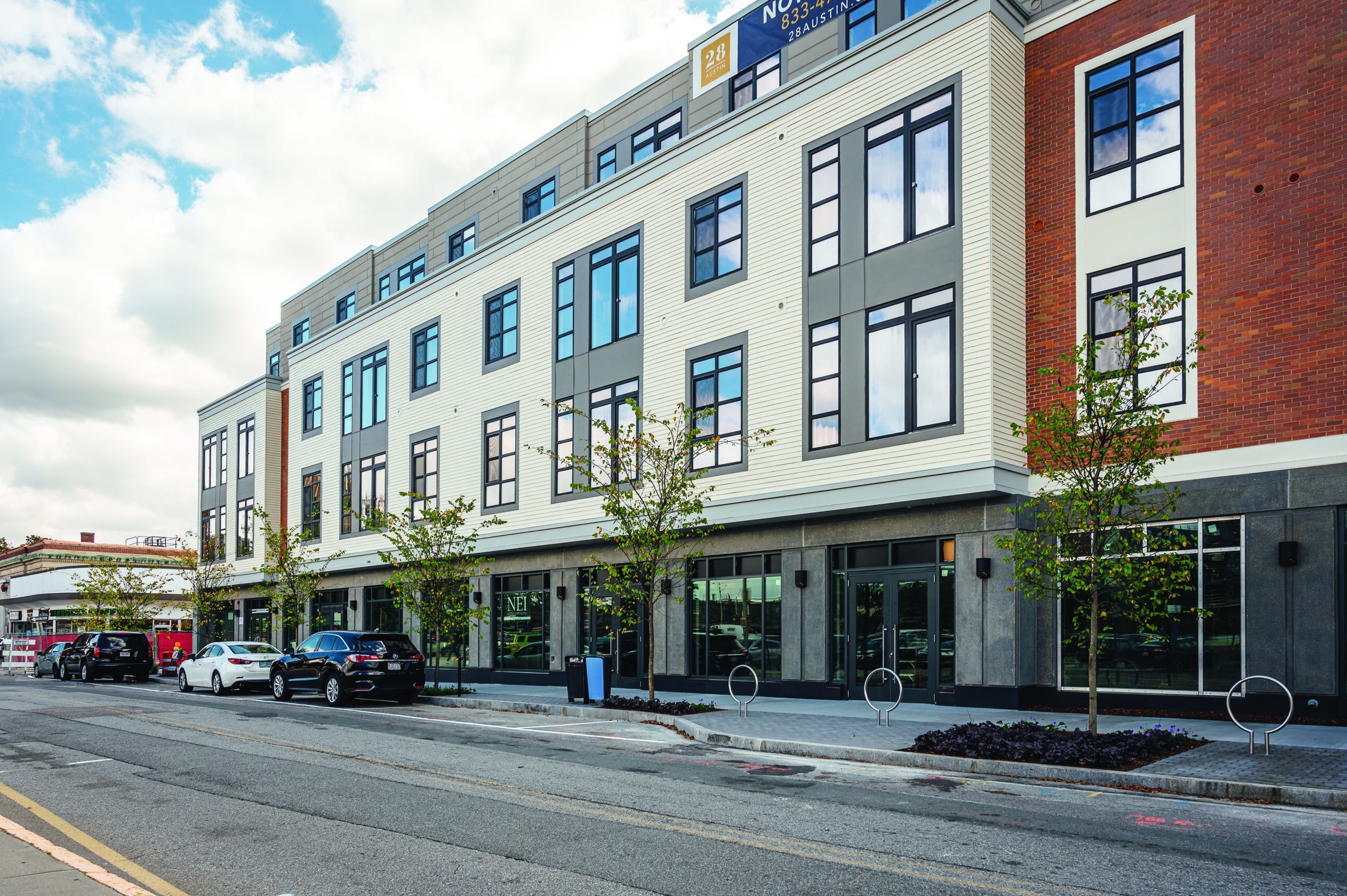
Rick Dimino
There is heightened focus this year on new revenue plans to improve our statewide transportation crisis.
Last year, the business community, municipal officials, and transportation advocates each released detailed proposals that would keep our system safe and reliable, address roadway congestion and meet the needs of our growing economy. Built into every proposal is an assumption that the MBTA and commonwealth of Massachusetts can deliver on our aspirational goals, in an efficient manner.
While the MBTA made real progress in recent years with capital spending initiatives, more needs to be done. Freeing the T should not just be an idea about bus fares; it should also be about eliminating unnecessary restrictions related to procurement methods, management and oversight of capital infrastructure projects.
State Economy Depends on the T
We have high expectations for the MBTA. Our economy and quality of life depends on the system being safe, reliable and affordable for riders, workers and visitors to the metropolitan Boston region. The entire region expects consistent performance, despite the outdated MBTA infrastructure, equipment, and vehicles that are currently in place.
A successful MBTA is also essential for the Massachusetts drivers and industries that never directly use an MBTA vehicle, because the MBTA is essential for meeting our statewide transportation, equity, accessibility and carbon emissions goals. We need the transit system to be reliable in order to maintain our strong economy, minimize roadway traffic congestion and support our quality of life.
Rebuilding the MBTA infrastructure to become a true 21st century system will take many years, and require billions in new spending, Under the Baker administration, the MBTA increased capital spending from its prior historical spending performance, and for the first time ever achieved $1 billion in annual capital spending last year.
Unfortunately, beginning next year the MBTA’s own strategic plan requires at least $1.5 billion in annual capital spending to take place every year through 2032 in order to eliminate their “state of good repair” backlog.
To spend billions of dollars over a few years on the Deer Island treatment plant and the restoration of the harbor, the commonwealth developed special rules related to public management, procurement and partnerships with private–sector construction firms.
This is going to be a difficult task, and there are reasonable concerns that the MBTA cannot deliver on these capital spending goals. Gov. Charlie Baker asked for modest updates in procurement laws that would help accelerate construction projects and improve on how the organization awards capital spending contracts. There are specific ideas to expand their ability to employ public–private partnerships, better evaluate construction bids by accounting for both the cost of the work and the time needed to complete a project and expand design–build contracting methods. These proposals deserve support and should be enacted as soon as possible.
Repairs Offer Opportunity for New Ideas
The magnitude of the transportation spending plan at the MBTA is similar to the Boston Harbor clean-up effort from the late 1980s. To spend billions of dollars over a few years on the Deer Island treatment plant and the restoration of the harbor, the commonwealth developed special rules related to public management, procurement and partnerships with private–sector construction firms.
We need to view the MBTA’s rebuild plans with similar urgency, and again be willing to take the necessary steps to support large-scale reconstruction of the system while also maintaining the right balance of public sector oversight.
Rebuilding the MBTA efficiently will result in some travel disruptions to passengers during construction and partial system shutdowns, as work crews to repair tracks, power systems and signals. We should see this as an opportunity for innovative, short pilot experiments for bus lanes and the repurposing of our roads.
This will require careful coordination and partnership with municipalities, but it may lead to new bus service plans and potential of dedicated transit lanes in the metropolitan Boston area. The MBTA and MassDOT should be creating new grant awards that encourage municipalities to partner on expand dedicated bus lanes and should compensate cities and towns for any lost revenue from the removal of parking meters or costs related to enforcement of these bus lanes.
The consideration of new procurement rules for MBTA infrastructure projects should rise above the conversations on transportation finance. Accelerating capital spending is a goal we all share, but we are finally past the debate of a binary choice of reform versus revenue. Massachusetts needs both and these two policy goals will always be two sides of the same coin.
Significant new transportation revenue is needed if we are going to modernize our current transportation infrastructure, increase the system’s reach and capacity and meet recommendations in the governor’s Future of Transportation Commission Report, the Roadway Congestion Report and our efforts of becoming carbon-neutral by 2050.
The debate on transportation revenue is challenging because of the fiscal tradeoffs, but hopefully the business community, stakeholders and elected official can all agree that the MBTA must be successful in delivering every project and repair in a timely manner. The governor’s management and procurement proposals should be put in place, so we reach our transportation goals as soon as possible. This way, the public and our economy can benefit from improved transportation service.
Rick Dimino is CEO of A Better City.






